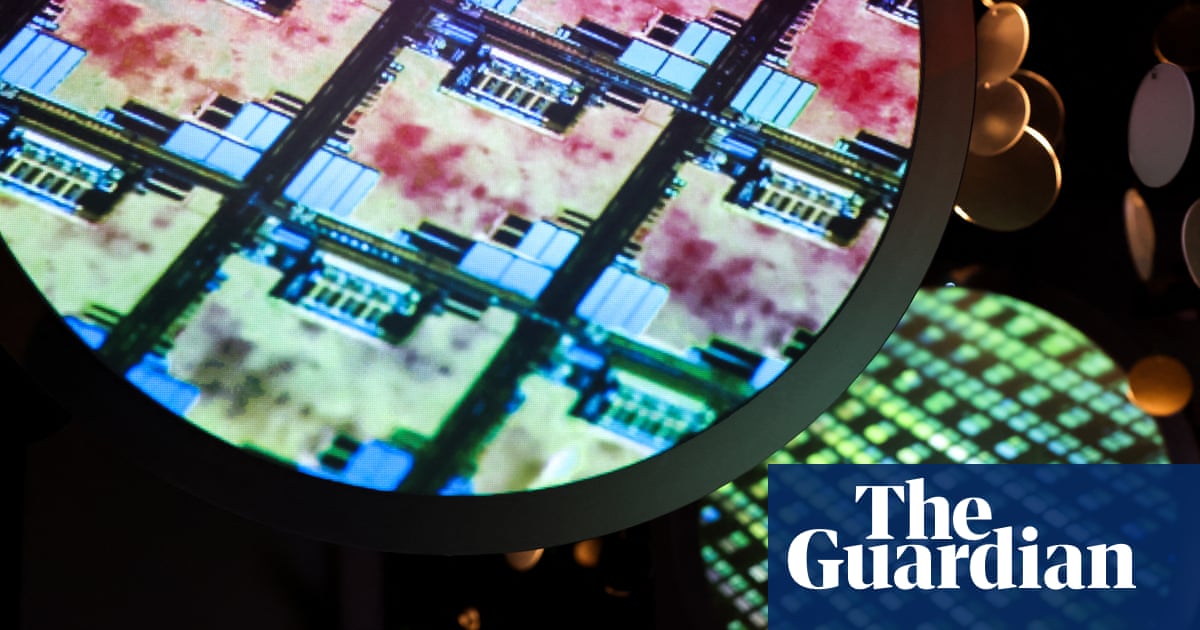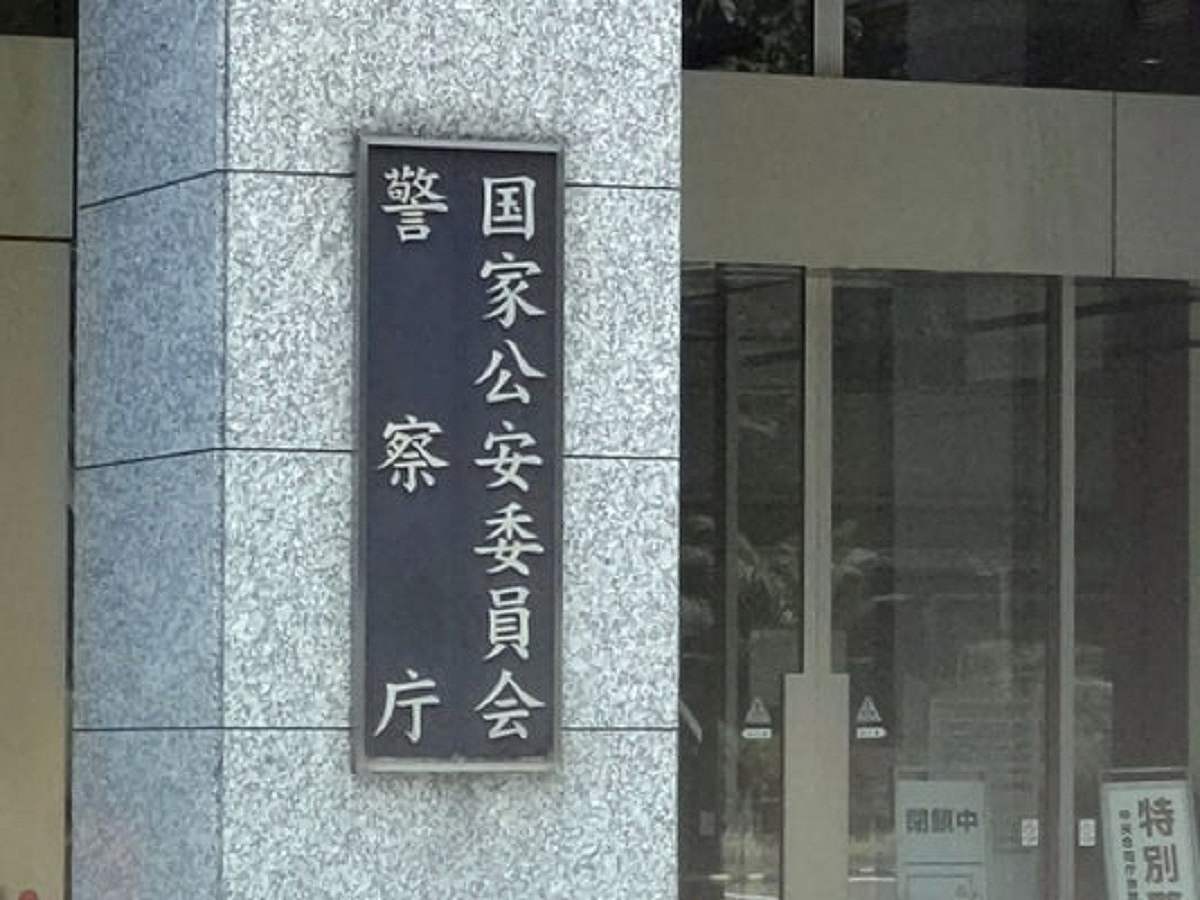Tech
Chip war ramps up with new US semiconductor restrictions on China

The US has announced new export restrictions targeting China’s ability to make advanced semiconductors, drawing swift condemnation from Beijing.
Washington is expanding efforts to curb exports of state-of-the-art chips to China that can be used in advanced weapons systems and in artificial intelligence.
The announcement on Monday came a few weeks before Donald Trump returns as president, where he is expected to bolster Washington’s hawkish stance on China. On Monday the commerce secretary, Gina Raimondo, said Joe Biden’s presidency had been especially tough in “strategically addressing China’s military modernisation through export controls”.
Biden’s national security adviser, Jake Sullivan, said: “The United States has taken significant steps to protect our technology from being used by our adversaries in ways that threaten our national security.” Washington would keep working with allies and partners “to proactively and aggressively safeguard our world-leading technologies and knowhow so they aren’t used to undermine our national security”.
Beijing vowed on Monday to defend its interests, with a Chinese commerce ministry spokesperson saying the US “abuses export control measures” and has “hindered normal economic and trade exchanges”.
The latest US rules include a restriction of sales to 140 companies, including Chinese chip firms Piotech and SiCarrier, without additional permission. They also impact Naura Technology Group, which makes chip production equipment, according to the commerce department. Others include entities in Japan, South Korea and Singapore.
The new US rules also include controls on two dozen types of chip-making equipment and three kinds of software tools for developing or producing semiconductors. “We are constantly talking to our allies and partners as well as reassessing and updating our controls,” said Alan Estevez, the undersecretary of commerce for industry and security.
The Netherlands-based computer chip equipment maker ASML – which is the only manufacturer of the most cutting edge chip-making machines – said it did not expect the new US restrictions to affect its most recent financial guidance.
ASML said the latest US restrictions would affect its export of deep ultraviolet lithography (DUV) systems to some chip-making plants in China, if enforced by the Dutch government. ASML is the only maker of extreme ultraviolet lithography machines (EUV) that produce the most advanced chips. Because of existing government restrictions around the use of US technology, it already cannot sell EUV machines to China.
The Dutch government said separately on Monday that it shared US security concerns on the export of advanced semiconductor making tools, and was studying the latest US rules.
The US commerce department said the fresh restrictions are meant to slow China’s development of advanced AI that could “change the future of warfare”, and impair China’s development of its own semiconductor ecosystem.
The agency maintained that this is in line with Washington’s “small yard, high fence” policy, which targets restrictions strategically – an approach that the Chinese president, Xi Jinping, criticised last month.
Calls to further close the semiconductor supply chain have grown since the world became increasingly aware of the powers of AI, with the launch of ChatGPT.
Thibault Denamiel, a fellow at the Center for Strategic and International Studies, told AFP that the latest actions confirm “the trajectory of US policy rather than significantly stepping up control efforts”.
“The significance of the additions is lessened given proposals from the incoming Trump administration,” he added, noting the president-elect has vowed drastic actions that dwarf these latest restrictions on chip technologies.
With Agence France-Presse










